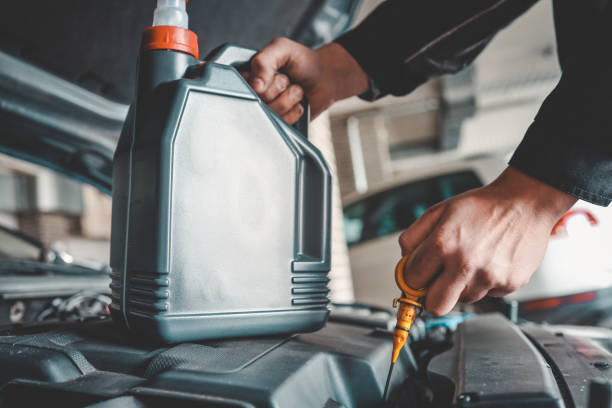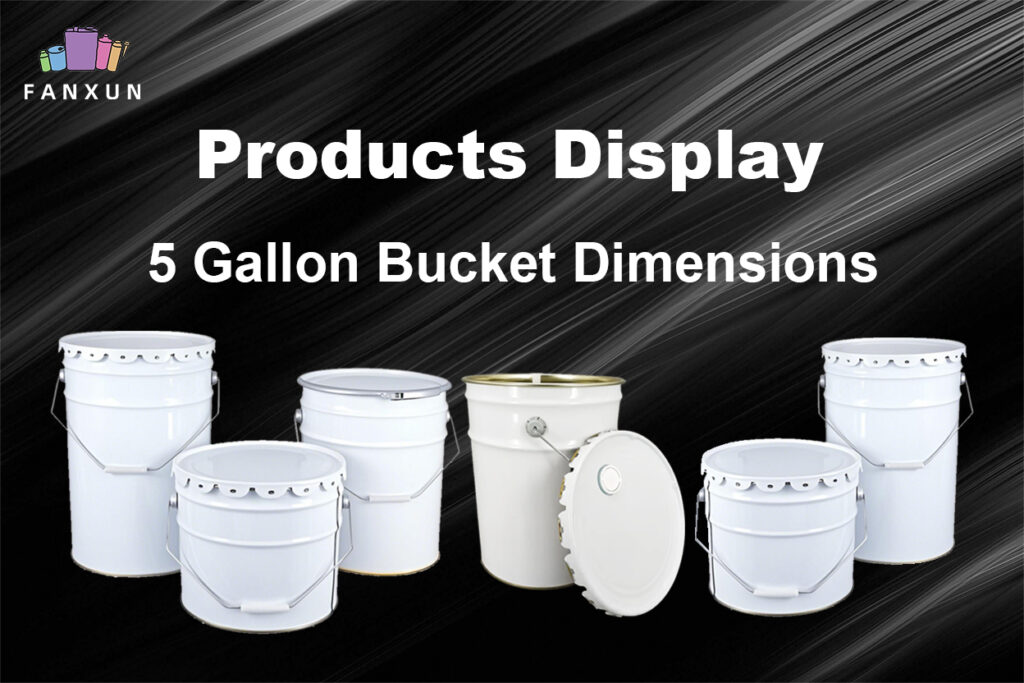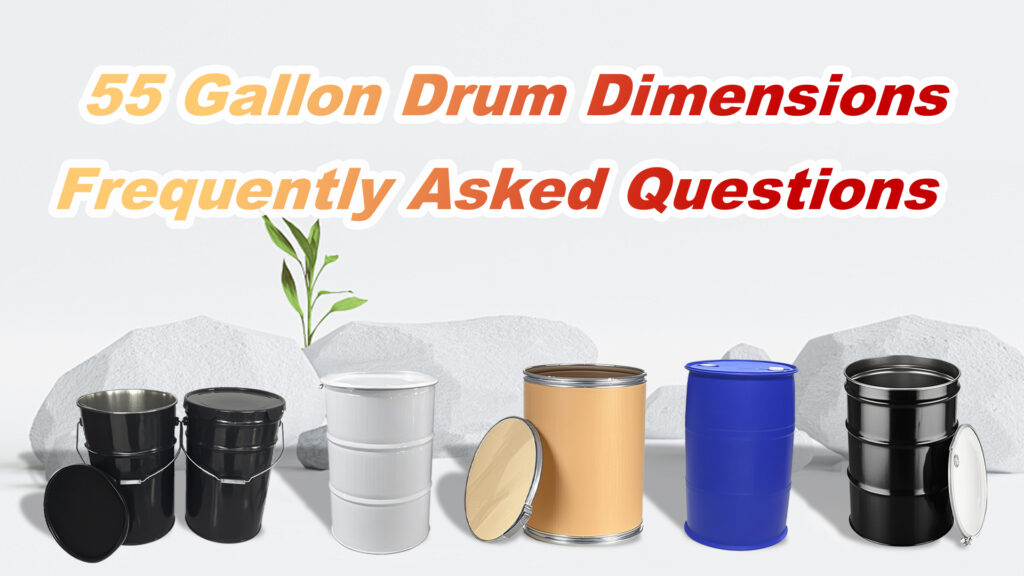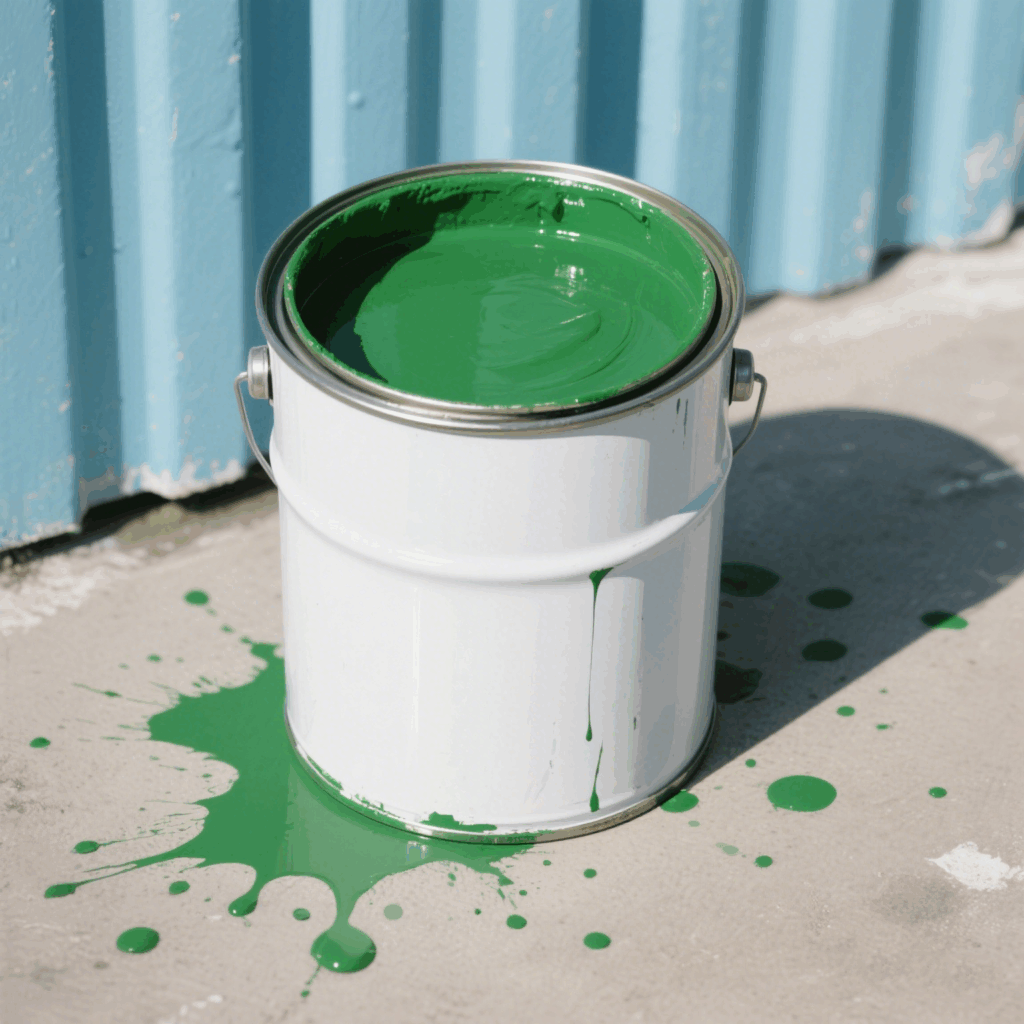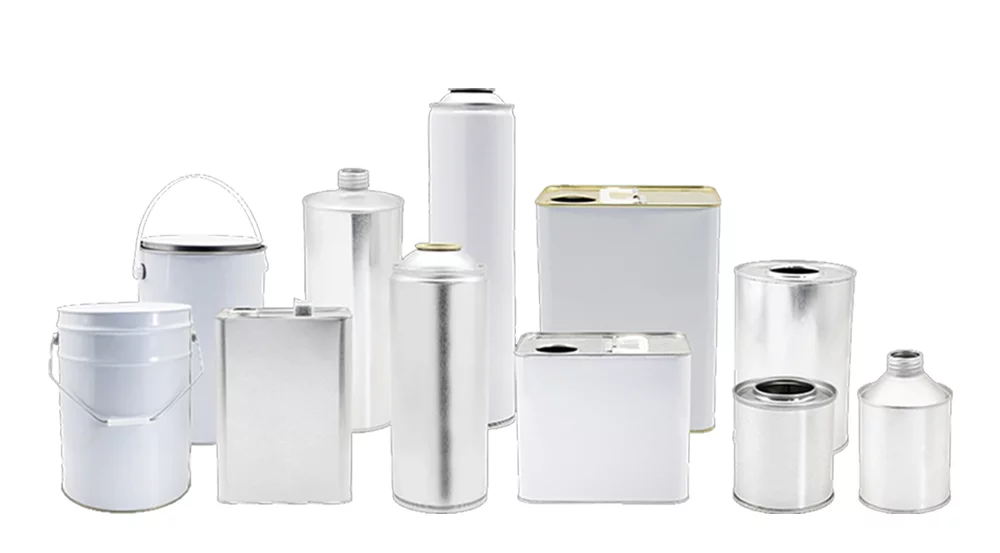As a car owner, one of the most common questions you’ll ponder is about engine oil. It’s the lifeblood of your vehicle, crucial for lubricating moving parts, cleaning, cooling the engine, and preventing corrosion. But how long does it actually last? The answer isn’t a simple one-size-fits-all, as it depends on whether we’re talking about oil sitting on a shelf or oil working hard inside your engine. Let’s dive deep and clear up the confusion!
The Two Lives of Engine Oil: Shelf Life vs. In-Engine Life
It’s essential to distinguish between these two scenarios:
- Unopened Engine Oil (Haltbarkeit): This refers to oil in its original sealed container.
- Engine Oil in Your Car (Service Life): This is the oil currently circulating in your engine.
We’ll tackle each of these, exploring the factors that influence their longevity.
How Long Does Unopened Engine Oil Last on the Shelf?
Allgemein, unopened engine oil has a surprisingly long shelf life. Most manufacturers suggest that unopened engine oil can last between 2 Zu 5 Jahre if stored properly. Some synthetic oils might even boast a longer shelf life due to their more robust chemical stability.
Factors Affecting Shelf Life:
- Storage Conditions: This is paramount. Oil should be stored in a cool, Trockener Ort, away from direct sunlight and extreme temperature fluctuations. A garage or shed that experiences freezing winters and baking summers is not ideal. Constant heating and cooling can cause the container to “breathe,” potentially drawing in moisture and contaminants, and can also degrade the additives in the oil over time.
- Container Seal: As long as the original factory seal is intact, the oil is well-protected from oxygen and moisture, its primary enemies. Once the seal is broken, even if the cap is replaced, the clock starts ticking faster.
- Type of Oil:
- Conventional Oil: Typically has a shelf life of around 5 Jahre.
- Synthetic Oil & Synthetic Blends: Due to their refined base stocks and advanced additive packages, these can often last longer, sometimes up to 7-8 years or even more under ideal conditions, though it’s always best to stick to the 5-year guideline if unsure.
- Additives: Engine oil contains additives that can degrade or settle over time, especially if not stored correctly.
Simple Table: General Shelf Life Guidelines (Unopened, Properly Stored)
| Oil Type | Estimated Shelf Life |
|---|---|
| Conventional Oil | 3-5 Jahre |
| Synthetic Blend | 4-5 Jahre |
| Full Synthetic Oil | 5-7+ Jahre |
Tips for Storing Unopened Engine Oil:
- Keep it Sealed: Don’t open it until you’re ready to use it.
- Stable Temperature: Aim for a consistent temperature, ideally between 40°F (4°C) and 85°F (29°C).
- Dry Environment: Avoid damp basements or areas prone to condensation.
- Original Container: The original container is designed to protect the oil.
- Check the Date: Some bottles might have a manufacturing date. While not strictly an expiry date, it gives you an idea of its age.
Can I use old, unopened oil? If it’s within the 2-5 year window and has been stored properly, it’s generally safe. Shake the container gently before use to help redistribute any settled additives. If it’s significantly older, looks cloudy, or has particles, it’s better to err on the side of caution and dispose of it properly.
How Long Does Engine Oil Last in Your Car?
This is where things get more dynamic. The oil in your engine is subjected to extreme heat, pressure, and contamination. Its lifespan here is determined by mileage, time, driving conditions, oil type, and your vehicle manufacturer’s recommendations.
Key Factors Influencing In-Engine Oil Life:
- Manufacturer’s Recommendations: This is your GOLD STANDARD. Always consult your vehicle’s owner’s manual. It will provide specific oil change intervals based on mileage or time, whichever comes first.
- Oil Type:
- Conventional Oil: Typically requires changing every 3,000 Zu 5,000 miles (4,800 Zu 8,000 km) or every 6 months.
- Synthetic Blend Oil: Can often go 5,000 Zu 7,500 miles (8,000 Zu 12,000 km) or every 6-12 months.
- Full Synthetic Oil: Can last much longer, oft 7,500 Zu 15,000 miles (12,000 Zu 24,000 km) or even more, or every 12-18 months. Some advanced synthetics are designed for even longer intervals with specific vehicles.
- Driving Habits & Conditions:
- Severe Conditions: Short trips (engine doesn’t fully warm up), stop-and-go traffic, extreme temperatures (hot or cold), dusty environments, towing heavy loads, or high-performance driving can all shorten oil life. In these cases, you might need to change your oil more frequently than the “normal” schedule.
- Normal Conditions: Mostly highway driving in moderate climates allows the oil to reach optimal operating temperature and perform its job efficiently for longer.
- Vehicle Age and Condition: Older engines, or those with existing issues like minor leaks or higher oil consumption, might be harder on oil, requiring more frequent changes.
- Time: Oil degrades over time, even if you don’t drive many miles. Oxidation occurs, and additives can break down. This is why most recommendations include a time interval (Z.B., 6 oder 12 months) alongside a mileage limit.
Simple Table: General Oil Change Interval Guidelines (In-Engine)
| Oil Type | Mileage Interval | Time Interval |
|---|---|---|
| Conventional Oil | 3,000-5,000 miles | 6 months |
| Synthetic Blend | 5,000-7,500 miles | 6-12 months |
| Full Synthetic Oil | 7,500-15,000+ miles | 12-18 months |
Always prioritize your vehicle manufacturer’s recommendations.
Signs Your Car Needs an Oil Change:
- Dark and Dirty Oil: New oil is typically amber and translucent. Im Laufe der Zeit, it picks up dirt and particles, becoming dark and opaque. Check your dipstick regularly.
- Engine Noise or Knocking: Oil lubricates engine parts. If it’s old or low, you might hear increased engine noise, ticking, or even knocking.
- Oil Change Light or Check Engine Light: Modern vehicles often have an oil life monitoring system that will alert you.
- Exhaust Smoke: Bluish smoke from the exhaust can indicate an oil leak and burning oil, which might mean the oil level is low or the oil is not performing correctly.
- Burnt Oil Smell: If you smell oil inside the cabin, it could indicate a leak, and the oil might be old and overheating.
- Decreased Performance or Fuel Economy: While subtle, old oil can lead to reduced efficiency.
What Makes Engine Oil Go Bad?
Understanding why oil degrades helps appreciate the need for timely changes:
- Oxidation: Exposure to oxygen at high temperatures causes oil to thicken and form sludge and deposits.
- Thermal Breakdown: Extreme heat from combustion can break down the oil’s molecular structure, reducing its viscosity and ability to lubricate.
- Additive Depletion: Additives like detergents, dispersants, anti-wear agents, and corrosion inhibitors get used up over time.
- Contamination:
- Dirt & Debris: From the environment and engine wear.
- Fuel Dilution: Unburnt fuel can seep past piston rings and mix with the oil, reducing its viscosity.
- Coolant Contamination: A leaking head gasket can allow coolant into the oil, which is very damaging.
- Moisture: From condensation, especially on short trips where the engine doesn’t get hot enough to evaporate it.
Aspects Users Should Consider:
- Your Owner’s Manual is Key: It cannot be stressed enough. This document provides the most accurate oil change intervals for your specific make, model, and year.
- Don’t Fall for the “3,000-Mile Myth” Blindly: While once a standard, modern engines and oils (especially synthetics) can often go much longer. Sticking to an outdated 3,000-mile rule for a car designed for 10,000-mile intervals means wasting money and resources.
- Oil Filters are Important Too: Always change the oil filter with every oil change. A clogged filter can restrict oil flow or send unfiltered oil back into the engine.
- Check Your Oil Level Regularly: Even if you’re not due for a change, check your oil level at least once a month and before long trips. Low oil levels can cause severe engine damage.
- Consider an Oil Analysis: For those who want precise information, sending a sample of used oil to a lab can tell you exactly how much life it has left and detect potential engine problems early.
Häufig gestellte Fragen (FAQs)
Q1: Can I use engine oil that is past its “Haltbarkeit” date if the bottle is unopened? A: If it’s only slightly past (Z.B., a year over a 5-year guideline) and has been stored perfectly, it might be okay for a less critical application like a lawnmower, but for your car’s engine, it’s generally not recommended. The risk of degraded additives isn’t worth potential engine wear.
Q2: Does synthetic oil really last longer than conventional oil in the engine? A: Ja, significantly. Synthetic oils are engineered to resist breakdown at high temperatures, maintain viscosity better in cold weather, and have more robust additive packages, allowing for longer drain intervals.
Q3: What happens if I don’t change my engine oil on time? A: Old, degraded oil loses its ability to lubricate, clean, and cool effectively. This can lead to increased friction, engine wear, sludge buildup, overheating, reduced performance, lower fuel economy, and eventually, catastrophic engine failure, which is very expensive to repair or replace.
Q4: Can I mix different types or brands of engine oil? A: While it’s best to use the same type and brand, mixing is generally permissible in a pinch (Z.B., topping off if your preferred oil isn’t available). Modern oils are designed to be compatible. Jedoch, mixing a conventional oil with a synthetic oil will dilute the benefits of the synthetic. It’s always better than running with low oil. For a full oil change, stick to one type.
Q5: How often should I check my oil level? A: It’s good practice to check your oil level at least once a month and before any long road trips. If you have an older car or notice any leaks, check it more frequently.
Abschluss
Understanding how long engine oil lasts involves considering its state – whether it’s sealed on a shelf or working within your engine. For unopened oil, proper storage can yield a shelf life of 2-7+ years depending on the type. For oil in your car, diligently following your manufacturer’s recommended change intervals (considering mileage, time, and driving conditions) is crucial for engine health and longevity. Regular checks and timely changes are inexpensive insurance against costly engine repairs.
When it comes to preserving the quality of products like engine oil, the packaging plays a vital role. FANXUN is a world-class can manufacturer and supplier that understands the importance of robust and reliable containers. They can provide high-quality metal cans in different specifications and shapes, ensuring that products like engine oil are well-protected from contamination and degradation during storage and transportation, helping to maintain their efficacy until they are ready for use.















